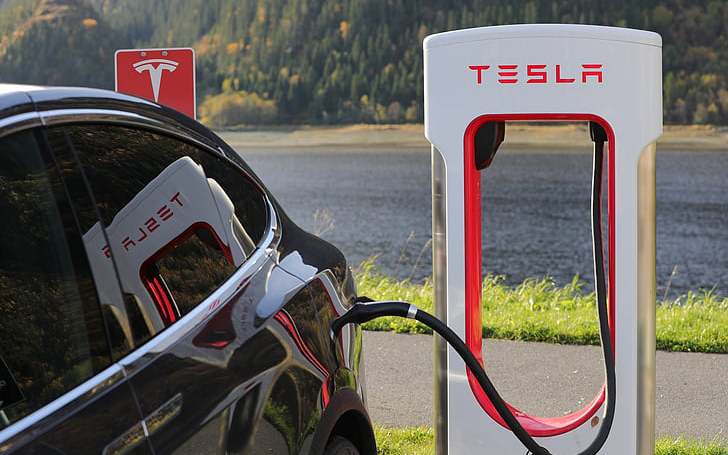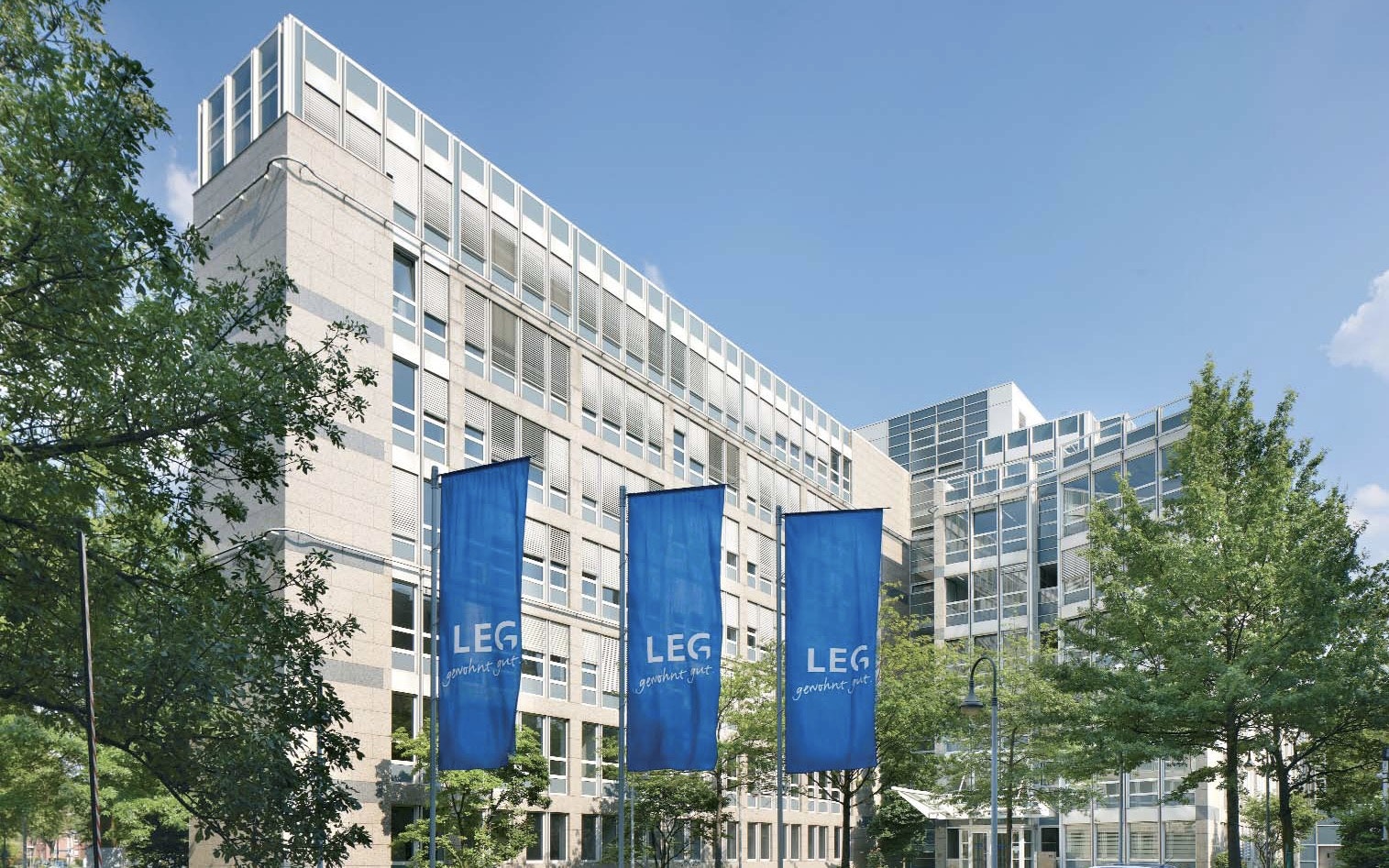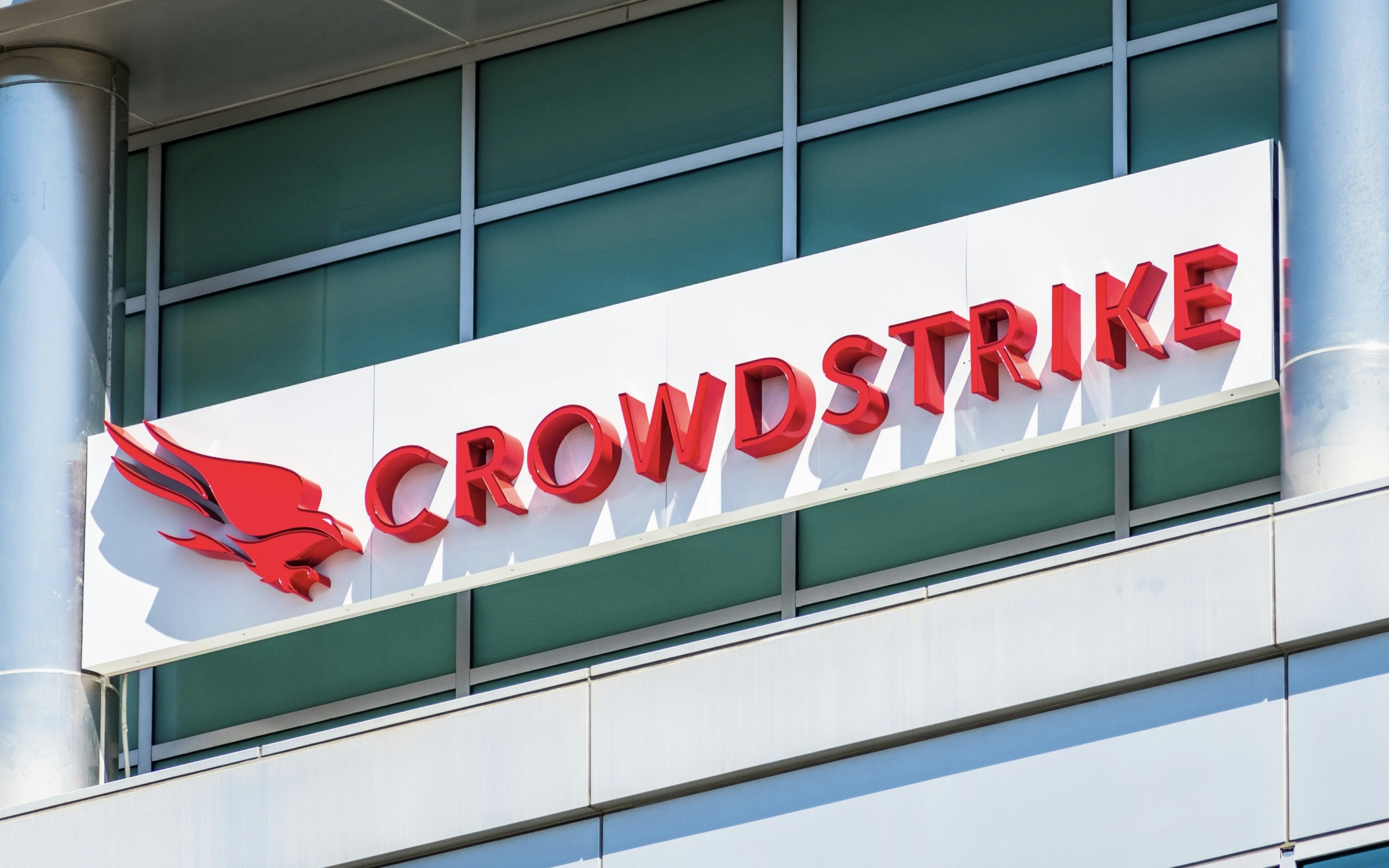Business
Flood damage at supplier slows Porsche production: Multi-week interruptions expected
Flood damage at Swiss supplier halts Porsche production – CEO Oliver Blume explains dependency with exclusivity.

Porsche CFO Lutz Meschke anticipates several weeks of production interruptions after a key supplier of aluminum parts was affected by flood damage. According to Meschke, this disruption impacts all of the company's model series, as parts from this manufacturer are used in all models. Despite intensive efforts to resume production, it is not possible to completely make up for the resulting losses.
The affected supplier is the factory of the US manufacturer Novelis in the Swiss region of Wallis, which has been severely impacted by flood damage from the Rhone. These supply shortages forced Porsche to lower its forecast on Monday night.
Porsche CEO Oliver Blume explained that the heavy reliance on a single supplier is also due to the exclusivity of the Porsche models. "We have a high proportion of very exclusive cars that are not off-the-shelf, which makes it more difficult to replace parts," said Blume.
Despite a Weak Start to the Year, Porsche Achieved Improvement in the Second Quarter. The Operating Return on Sales from April to June was 17.0 Percent, While Analysts had Expected 16.3 Percent on Average. In the First Quarter, the Margin was Still 14.2 Percent, Due to High Research and Development Costs and the Introduction of Many New Models.
In the first half of the year, however, Porsche continued to record declines in business. Revenue fell by almost 5 percent to 19.5 billion euros, and the operating profit shrank by a good fifth to 3.06 billion euros. The decrease in sales figures in China particularly contributed to this decline.
Given the challenging market conditions for electric cars, Meschke announced that they would once again focus more on the internal combustion engine. "Since the transformation to electromobility is developing very differently worldwide, we have already begun to recalibrate and prioritize projects and products with regard to combustion engine technology," he said. Part of the strategy is having the greatest possible flexibility in the production of different types of drives.






